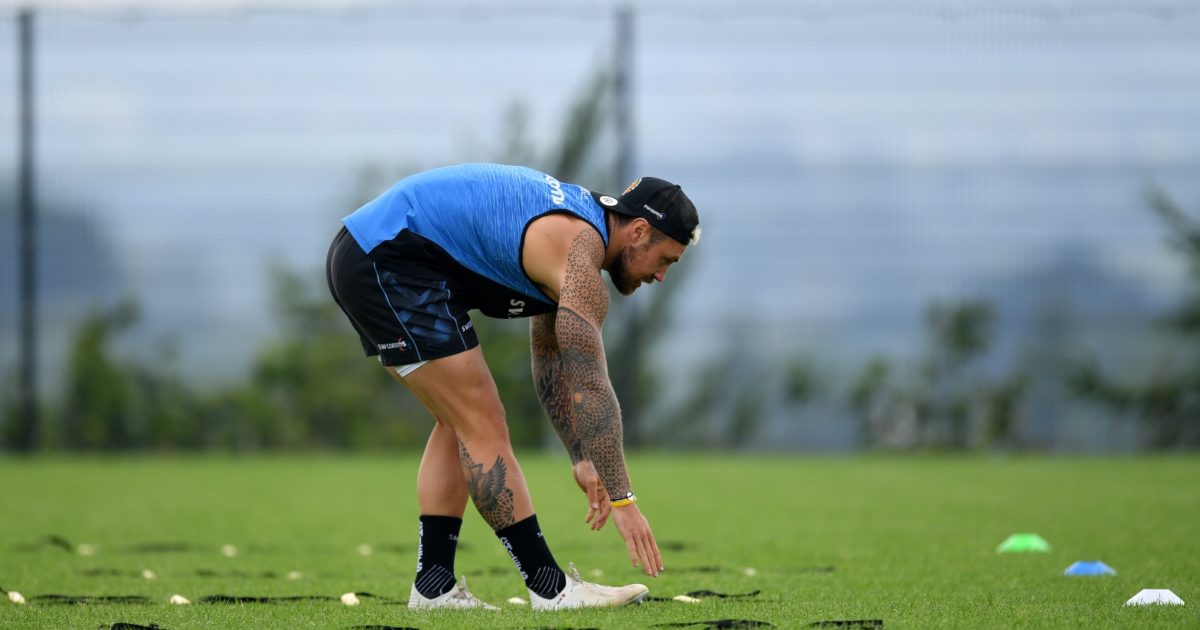Premiership return on track following 'Rugby Restart' update

Premiership Rugby clubs can return to contact training on Monday in a ‘significant milestone’ towards the league’s planned resumption on August 15. England’s top-flight domestic competition has been halted since March due to the coronavirus shutdown, but this latest step forward will raise hopes that the league is on track for its planned return.
Stage two of the clubs’ return will allow close contact training for small groups, to include scrummaging work.
“This is a significant milestone in our journey to restarting Gallagher Premiership Rugby, as we stay on track to resume the league on Saturday, August 15, if it remains safe to do so,” said Premiership Rugby chief executive Darren Childs.
“This stage brings with it a comprehensive COVID-19 testing programme for players and staff and a contact tracing protocol.
“As part of our commitment to player welfare, all players will be asked whether they would like to opt-in to Stage 2 training, after completing an education module.
“Rugby has unique challenges due to levels of proximity and impact, which is why the exhaustive process that is being followed is so thorough and has involved high-level collaboration between Premiership Rugby, RFU and RPA.”
Bristol’s 28-15 win over Harlequins on March 8 remains the last match played in the delayed Premiership campaign.
The top-flight clubs have suffered deep financial losses during the shutdown, and a potential resumption in August would doubtless ease those concerns.
England’s decision-making Professional Game Board (PGB) has ratified the move to allow clubs to ramp up their training, in preparation for the planned Premiership resumption.
All Premiership club players and staff must undertake education modules on the step up in training, continue to undergo daily coronavirus testing and maintain heightened hygiene standards.
Clubs must also stick to contact tracing protocols supported by GPS data and videoing of training sessions.
“I can confirm that the Professional Game Board which incorporates representatives of the Rugby Football Union (RFU) Premiership Rugby, Rugby Players Association (RPA) and Championship Clubs has given provisional authorisation for Premiership Rugby clubs to move to Stage 2: Elite Sport Return to Training Guidance, from Monday, July 6,” said PGB chairman Chris Booy.
Sean O'Brien 2.0 #LondonIrish #GallagherPremiership pic.twitter.com/BLD2Wg86XT
— RugbyPass (@RugbyPass) July 3, 2020
“The Premiership clubs successfully completed Stage 1 of the process so now we can move to Stage 2 ahead of the targeted resumption of Gallagher Premiership Rugby on the weekend of August 14 to 16.
“I’m delighted to confirm that Rugby Restart is on track.
“The teams at Premiership Rugby, RFU and RPA and at our clubs have undertaken a huge amount of work to get us to Stage 2 and I commend them for their dedication and tireless commitment to resuming the League campaign when it is safe to do so.”





























































